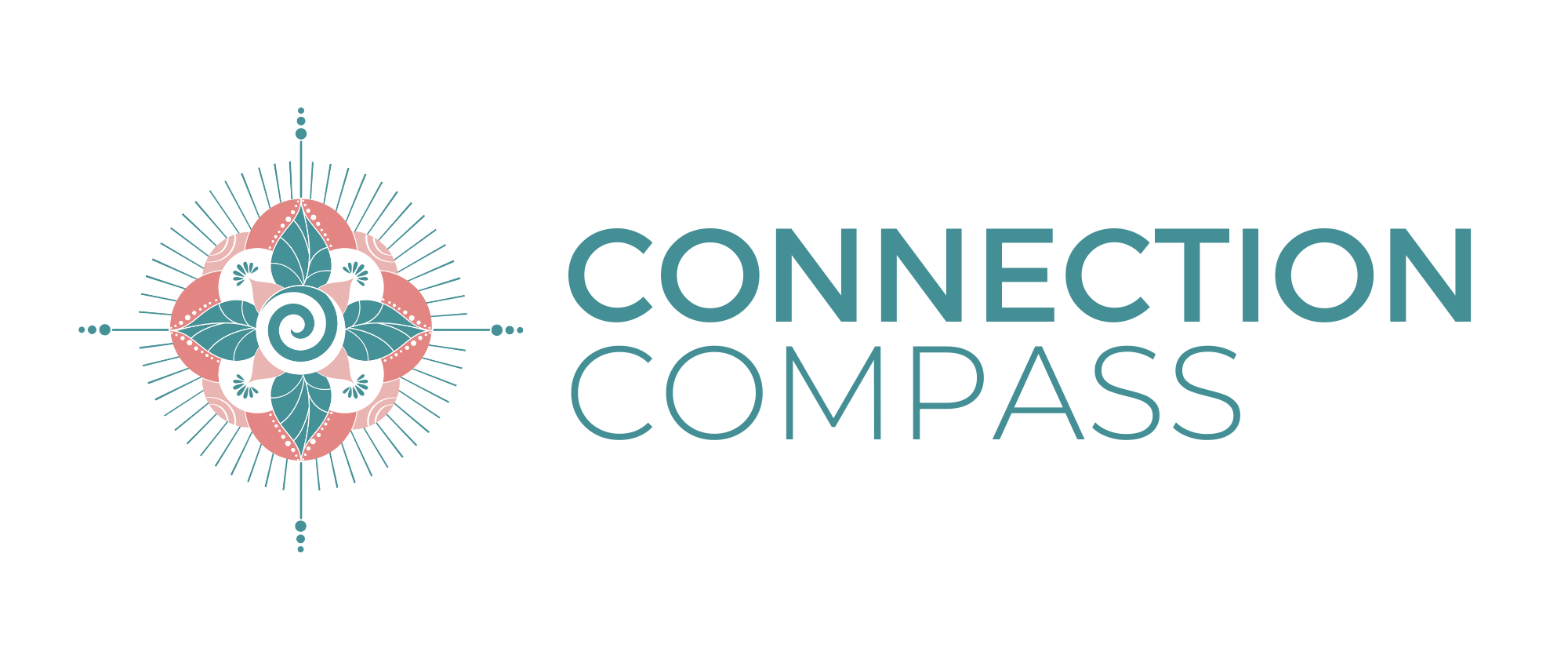
What if there was a word that, upon noticing you’re using using it, could help you avoid conflict and stress? Find out what that word is and how to reclaim your inner peace.
My family and I are fresh back from a heartwarming trip to the Philippines, visiting my husband’s home country. We had a wonderful time: a break from day-to-day routines and stresses, reconnecting with family and friends, visiting old familiar places and exploring new ones. Plus my children had an opportunity to learn more about their roots. It had all the ingredients for a deeply connected experience.
Yet, it also had all the ingredients for a potentially disconnected experience. A new place with a different culture, set of beliefs and social standards. Plus, we spent most of our time with others – three sets of people staying in close quarters for a whole month. For some this could be a recipe for stress and getting triggered!
How noticing one little word can avoid conflict and stress
When we feel triggered with a situation or a person, we often think it’s about them. We may even think the other person or situation is responsible for changing so we can feel better or happy.
However, feeling triggered is a reflection of our own thoughts, beliefs and inner state rather than about the other person or situation. (And side note, if you really want to understand that deeply, may I refer you to Byron Katie’s book, I Need Your Love – Is it True?)
Thankfully, there is a word that can help us understand that we’re in a triggered state. The old well-used “should”.
With that in mind, during our time away whenever I noticed the word “should” pop up into my language or thoughts, I recognised it as a red flag: I was in danger of entering disconnection territory.
Let me explain.
“Should” is a word that reflects we are stuck in our own expectations and worldview. It reflects that we are having thoughts, beliefs and opinions about how something should be or someone should be acting.
However, they are just that – thoughts, beliefs and opinions. They aren’t truth. They aren’t reality.
For example:
There was a basketball court near my husband’s family home. Loud music would play at all hours of the day and night and it got on my nerves. I noticed thoughts come up, such as: “They shouldn’t allow such loud music as it disrupts the peace and quiet of the neighbourhood.” Being highly attuned to the should word, I could then go into inquiry mode. This means asking myself a series of questions, including: is that true?
It wasn’t true. Despite my view of the situation, it seemed the neighbourhood supported the active use of the basketball court. In fact, my mother-in-law enjoys it because she feels connected to community when she hears people using the court.
When I inquired into my trigger, it wasn’t the loud music disrupting my inner-peace, it was my thoughts and my judgements about what “should” and “shouldn’t” be allowed at the basketball court that was robbing me of peace.
After awhile, when I released my judgements, I found myself dancing and singing along to the music and enjoying the vibrancy of the community.
Another example:
We arranged to catch up with friends at a certain time. They were running late and ended up arriving almost an hour and a half after our designated meeting time. At first I was annoyed, with thoughts such as: “They should have tried harder to get here on time, our time is being wasted.”
However, when I noticed the ‘should’ in my thoughts, and looked around me, my perspective shifted. We were in another country with a different set of social norms. The ‘island time’ meant our little family had a bit of breathing space to ourselves. We were on a rooftop bar and restaurant 32 stories high, with a breathtaking view of one of the world’s mega-cities. We had access to a menu full of fresh drinks and tasty treats to enjoy while waiting, and the service was impeccable. There was no problem, all was fine. That realisation allowed me to truly enjoy being in the moment and restored a sense of peace and connection. And when our friends arrived, we could meet them from a place of joy rather than frustration.
Constantly being with and sharing space with other people is a situation ripe for triggers. So when you find yourself in that situation, remember to watch for 'should'.
I absolutely adore my husband’s family. They are a wonderful bunch of humans. But when you’re living in the pockets of other people for a month, you notice the word ‘should’ can pop up from time to time. He should. She should. They should.
Again, when I noticed the word ‘should’ arise, it was time to inquire into my thoughts and remember that the trigger wasn’t about the other person, but about my own expectations, judgements and thoughts.
When our wonderful month was up, and we all went our separate ways, I reflected upon how harmonious the trip was. (At least it was for me! I am not responsible for the inner workings of anyone else… but that’s a learning for another day!)
I can hand on heart say that having an awareness of one little word – should – and having access to inner tools to question that word, contributed to having the most wonderful, connection-rich trip full of beautiful memories.
Cherie Pasion
Cherie Pasion is the founder of Connection Compass, providing coaching for women wanting to live a connection-filled life. A certified life coach and behaviour change specialist, Cherie has run award-winning behaviour change programs helping thousands of people across Australia. Cherie holds a Master of Social Science, Bachelor of Business, and Diplomas of Neuro Linguistic Programming and Shinrin Yoku (Forest Bathing). Cherie is also an internationally-published author.Sign up for our newsletter
Let's connect
Connection Compass acknowledges the Turrbal and Jagara people, the Traditional Custodians of the land on which we work, live, and gather. We pay our respect to Elders past, present and emerging, and draw inspiration from their connection to Country, community and spirit.


